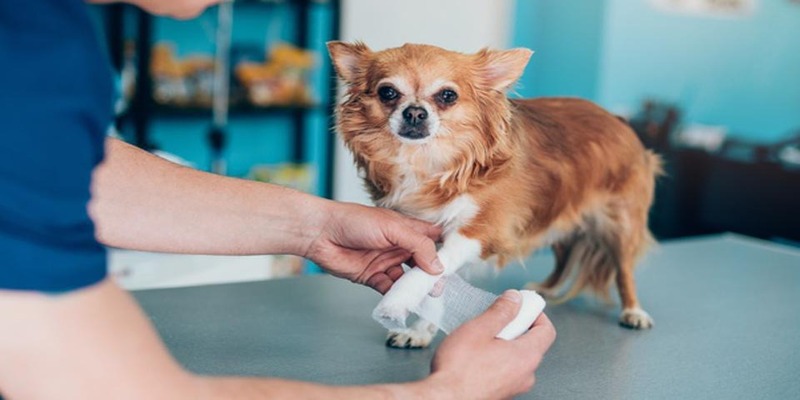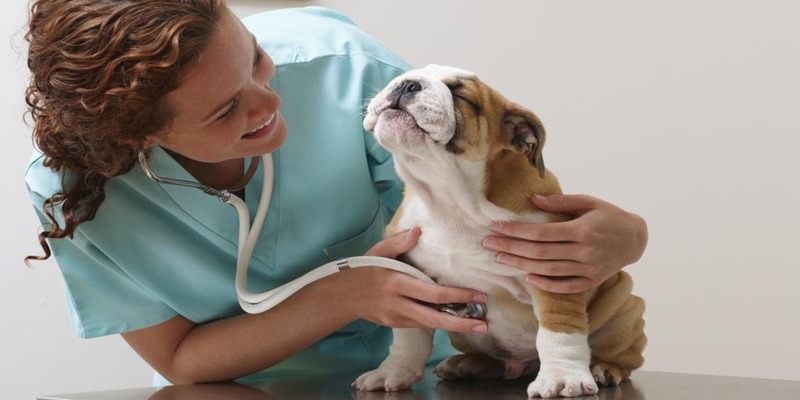In many respects, pet insurance is analogous to human medical coverage. The primary distinction lies in the fact that most pet health insurance plans have several limitations. As an illustration, preexisting illnesses are often not covered by pet insurance.
Despite these limitations, pet insurance is available, and it covers a wide range of medical expenses, from preventative treatment to emergency surgery. There are three main categories of insurance policies.
The Mechanics Of Pet Insurance

Companies often demand a health checkup and impose a waiting period before coverage kicks in to deter owners from purchasing insurance while their pet is already sick. There is typically a few-day waiting time before accident coverage kicks in.
It is necessary to pay the veterinarian charge in full before submitting a claim for reimbursement when using this insurance. If your claim is valid, the insurance company will electronically transfer the money or write you a check.
On average, this takes two to three business days, but it might take up to a week if your claim is very complex or if you choose to have your refund sent through snail mail. How much you get back depends on the details of your plan.
Wellness
Wellness insurance is similar to preventative medicine. Miniscule though the pet insurance market may be, wellness-only coverage can sometimes be available as an add-on to a more all-encompassing policy. No-deductible wellness plans or riders often provide a set maximum benefit for each of the following procedures.
- Spaying/neutering
- Checkups once a year
- Vaccinations
- Preventing and treating fleas and ticks
Accident
If your pet is struck by a car, consumes a foreign item, or has bodily harm, this insurance will help pay for their medical care. Older pets no longer qualify for full coverage and commonly switch to accident-only policies, which account for barely 2% of the pet insurance market. The following treatments are frequently included:
- Bloat
- Foreign body ingestion
- Car Accident
- Cruciate ligament rupture
- Poisoning
- Splintering and tearing
Comprehensive
This form of insurance, often known as "accident and sickness coverage," provides financial support during an accident or the onset of an illness such as cancer. Most pet insurance plans are comprehensive, which may or may not include wellness care as an optional extra. Coverage extends beyond what is offered by accident policies to include the following extras:
- Factors that vary by breed
- Chemotherapy for cancer
- Ongoing medical issues
- Diagnostic Imaging and Procedures
- Care in the ER and from specialists
Insurance Choices
Extra coverage levels within the primary kinds are sometimes offered as add-ons by some insurers, albeit they often come at an additional cost. Each insurance company has its own list, but some staples are:
- International emergency care
- While liability coverage for pet bites and injuries is not normally included in standard home insurance, some plans provide it as an add-on.
- Usually, but not always, the reward for a lost or stolen pet is included in life and theft coverage.
- Pet boarding and care if you're incapacitated
Consider The Value vs the Price

Your decision about whether or not to invest in pet health insurance will be influenced by several variables, including the scope of coverage and the monetary value you place on your mental stability.
Insurance premiums are not uniform and depend on factors such as:
- Monthly wellness coverage costs $20–25.
- Monthly accident-only coverage costs $11–$20.
- Comprehensive coverage costs $49 for dogs and $29 for cats.
How Beneficial Is Pet Insurance?
It's common for people to rack up substantial credit card debt or drain funds to cover the high costs of emergency medical care following an accident or sickness. Fortunately, there is a solution: pet insurance can cover a portion of the expenses.
If your dog is overly enthusiastic in their pursuit of a ball and tears their rear ACL, for instance, the cost of surgery may easily reach several thousand dollars. The out-of-pocket expense for a $3,000 procedure might be reduced to $400 with pet insurance with a $100 deductible and 90% coverage.
It's important to consider the cost of pet insurance, despite the fact that it might save you a lot of money in a major accident or injury. Over 10 years, you'd spend $5,000 on pet insurance if you paid an average of $500 per year for accident and sickness coverage.
Some pet owners may find it more convenient to save up in advance for their pet's healthcare expenses rather than pay for them out of pocket.




